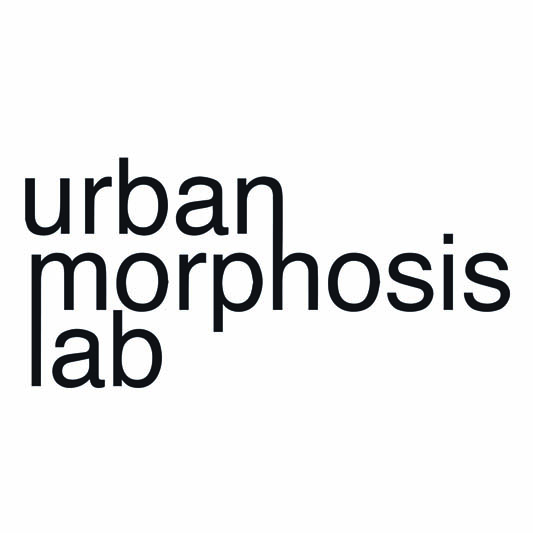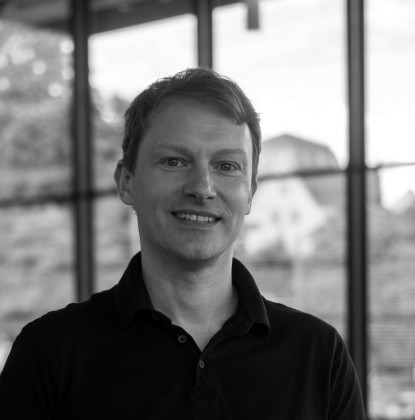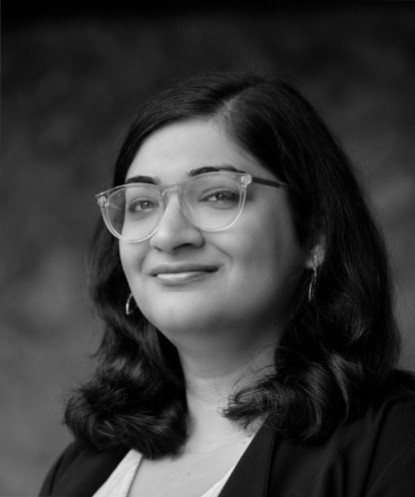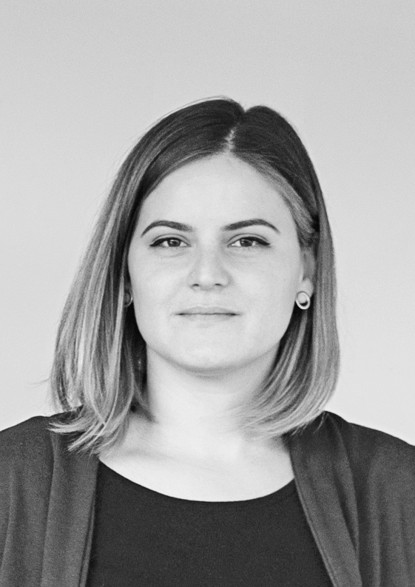External funded projects
DfG Internationale wissenschaftliche Veranstaltungen
The First International Conference on Cities and Change “Three Decades of Post-socialist Transition”, May 17-18, 2019
The first international conference on cities and change, held at the Technical University of Darmstadt (TU) on 17th and 18th May 2019, aimed at marking thirty years since the fall of state-socialism in 1989. The conference was organised by a team of Postdoctoral Research Fellows gathered around the Urban Morphosis Lab established in 2018, with a focus on investigating complexity and diversity in contemporary urban changes. The German Research Foundation DfG generously supported the event, alongside with the TU Darmstadt, through its organisation for promoting early career researchers “Ingenium”, and its interdisciplinary research group “AG Stadtforschung”.
The venue was a remarkable historic building, the Maschinenhaus, built in 1904 by the architect Georg Wikop. Until 2001, the building had been the power plant of the central campus of the University, later to be converted into a large lecture hall and several seminar rooms. The conference programme comprised of four keynote lectures and 74 presentations distributed in 15 thematic sessions, which attracted more than 125 international participants from a wide range of disciplines: architects, planners, geographers, historians and sociologists. Having only two days available for the conference programme, the sessions were organised in parallel, which made the participants face the challenging task to choose between the wide ranges of topics. However, there was an opportunity to easily transfer between the sessions, due to the closeness of the spaces and their favourable layout. Besides from the keynote lectures and sessions, there were also two book promotions organised during the breaks in each conference days.
Regarding its thematic framework, the conference was focused on the last thirty years of spatial transformation, during which Central and Eastern European countries (CEE) have been transforming from centrally planned societies and economies to those based on market forces. Not only had the economic and political contexts of the countries dramatically changed but at the same time they went through the equally significant shocks of post-industrial transformation, which also the cities in Western Europe experienced. The keynote lectures illustrated a wide spectrum of responses to these transitions. At one hand, Oleg Golubchikov introduced these cities as the agency of change, while Nina Gribat illustrated conflicting urbanisms of post-socialist and post-industrial urban transformations in East Germany. On the other end, some perspectives were more optimistic, such as apparently sustainable planning of Slovenia, as presented by Kaliopa Dimitrovska Andrews. This lecture provoked a considerable reaction because it dramatically contrasted with the experience of a majority of the countries represented, where development was proceeding on a more disorderly and haphazard basis with little regard for the long-term implications of the patterns being established.
The 11 themes of the parallel sessions offered a diverse range of topics–from approaches to the conservation of the cultural heritage of the socialist regimes to the ways the new towns founded on now obsolete heavy industries are being transformed–including many unique cases, such as Skopje, where neoclassical facades are being grafted onto modernist buildings. The countries in the focus stretched from Germany to Uzbekistan with a particularly prominent representation from the states of the former Soviet Union and Yugoslavia. They manifest a diversity of cultures, religions and histories and it was striking how the inheritance of pre-socialist history still impacts on CEE towns and cities. For example patterns of land ownership in the small towns in Poland are still heavily influenced by the partition of the country between Prussia, Russia and Austria, which ended a century ago. Nevertheless, thirty years is still a relatively short time period for urban fabrics to be transformed, as was pointed out by the final keynote speaker Ludek Sykora, who at the same time challenged the audience through his interpretation of capitalist pasts and socialist futures.
Inhouse project support
Friends from TU Darmstadt
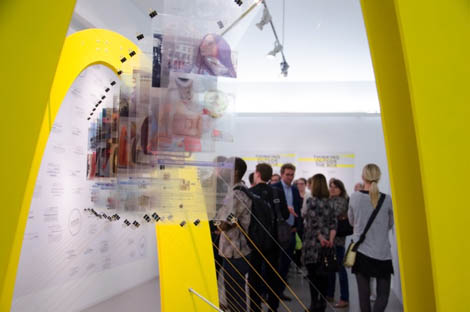
Towards Equitable Urban Future: Thinking Outside of the Box
The project invovled two workshops aiming to establish grounds for the multimedia event that promoted innovative approaches to current urban challenges. The objective was to foster thinking outside the box in different ways and through different media. During three semesters of work with different groups of international students, diverse socio-economic issues, uncertainties of climate change and above all unpredictable impacts of urbanization were all in the focus of debates that were consequently materialised through different media into exhibits. All were later integrated in the exhibition and lecture series set on display in German Architecture Museum (DAM) in Frankfurt. In cooperation with Britta Eiermann (TUD).


